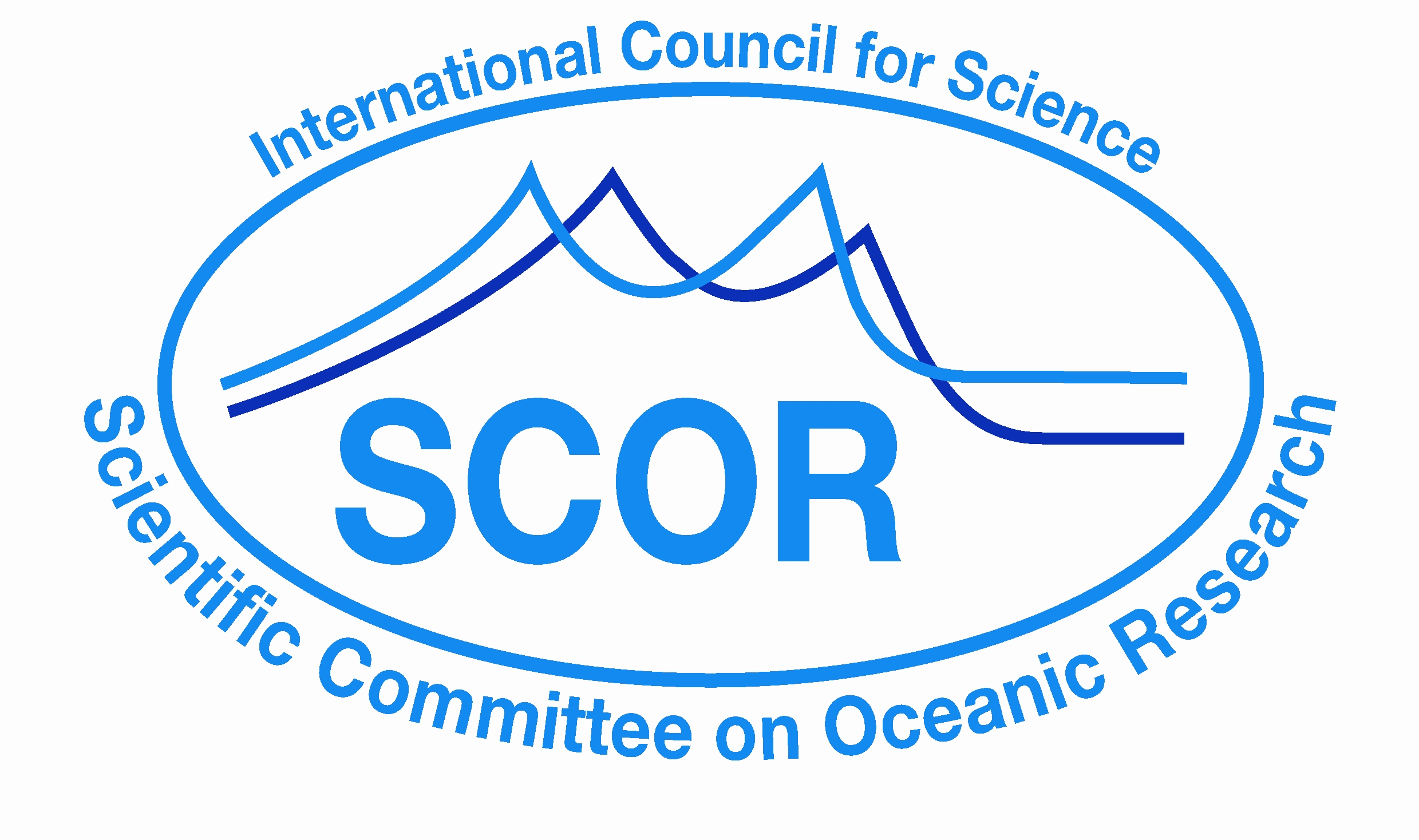

SCOR Working Group 145 is developing chemical speciation models, with quantified uncertainties, for applications in marine and natural water chemistry. We will describe our initial results at the meeting, in a lunchtime session and at the SCOR booth in the exhibition hall (please see the announcement in the OCB newsletter). Two simple demonstration programs are provided on this site.
What is special about the models? First, The calculated speciation (e.g., pH, carbonate system equilibria, calcite saturation, trace metal complexation) is based upon the concentrations of the major ions and other species present: hence applications are not limited to waters of seawater stoichiometry. Second, the propagation of uncertainties (from those of the equilibrium constants and activity coefficient model parameters) yields both the overall uncertainty in the calculated quantity and the contributions of all the individual components of the speciation model.
The purpose of the two programs is to demonstrate the science of the approach used, and to provide simplified tools to explore various "what if?" questions about the effect of natural water composition on key equilibria. Comments, requests, and questions are all welcome. Please try them:
1. Carbonate system equilibria (CO2*–H+–HCO3−–CO32−) in natural waters.The potential uses of the speciation modelling tools are explained by Turner et al. (Toward a Quality-Controlled and Accessible Pitzer Model for Seawater and Related Systems, Frontiers in Marine Science, 3, art. 139, 2016; doi: 10.3389/fmars.2016.00139).
In addition to the support of SCOR, the project is funded by a three year joint NERC/NSF grant with PIs Simon Clegg, Andrew Dickson, and Heather Benway. Both Simon Clegg and Andrew Dickson are also members of the pH sub-group of the Joint Committee on Seawater.
The models on this site represent a "work in progress", and are not yet complete or in final form. If you would like to use them for your work, please contact Simon Clegg (s.clegg@ueaa.c.uk).